Category: State
-
Redistricting map updates: proposals, advancements, and enactments between Sept. 29 and Oct. 6
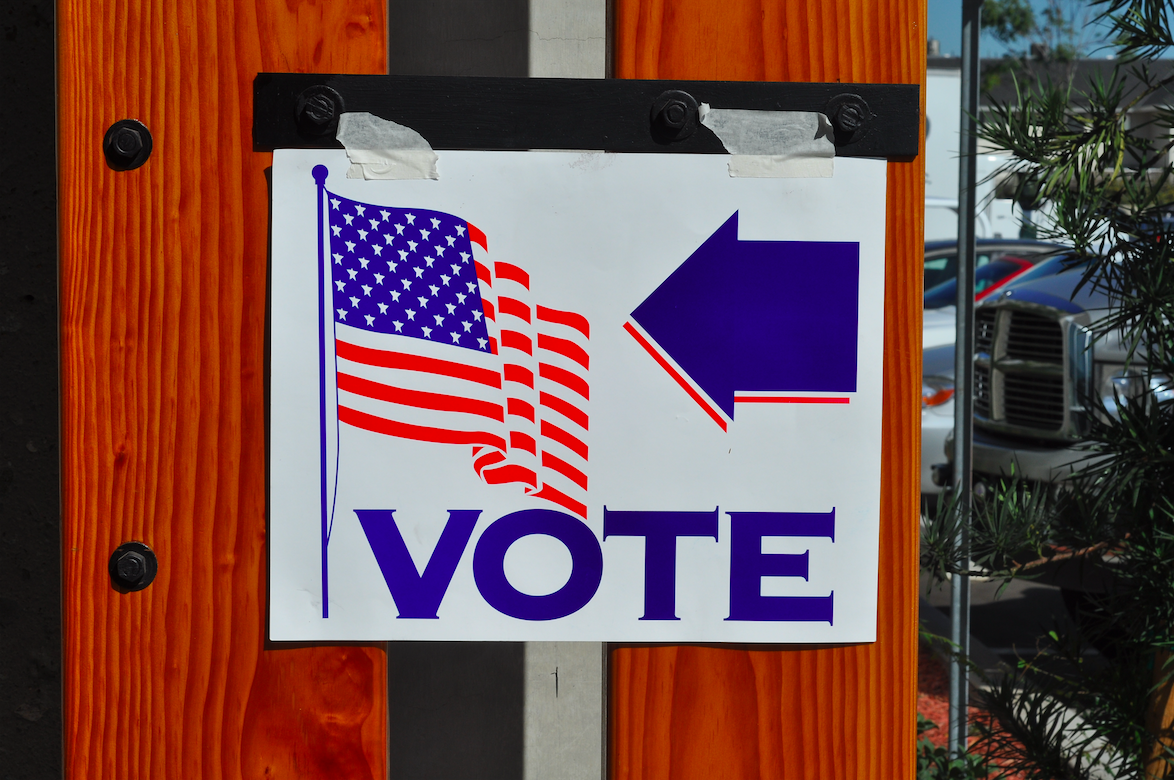
At least nine states made progress in either proposing, advancing, or enacting new congressional and state legislative district maps as part of the 2020 redistricting process between Sept. 29 and Oct. 6. Proposed New maps were proposed in Colorado, Ohio, Washington, and West Virginia. Colorado: The Colorado Independent Legislative Redistricting Commission released its third staff-drawn…
-
Special primary election held in Rhode Island Senate district
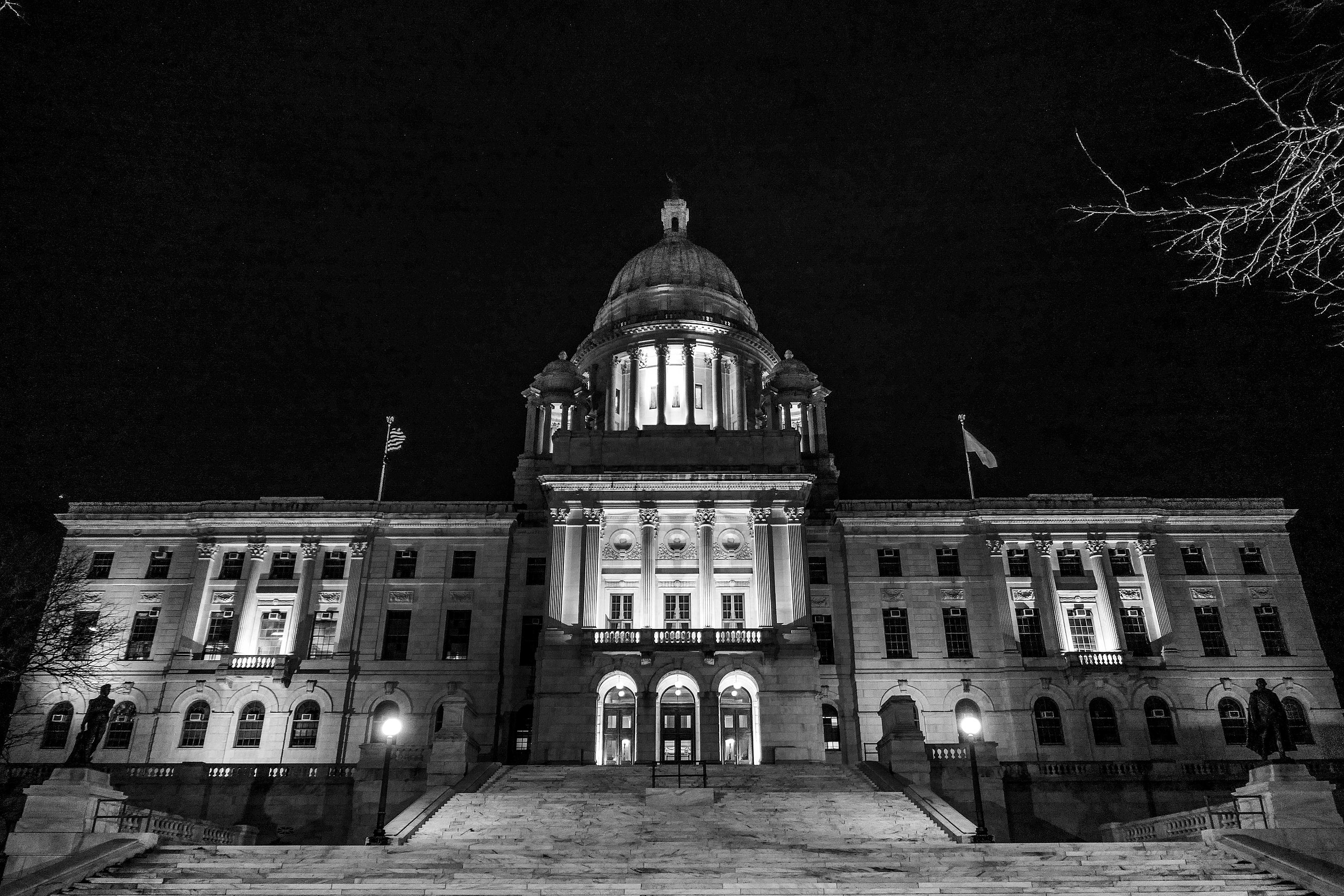
A special primary election was held on Oct. 5 for District 3 of the Rhode Island State Senate. According to unofficial results, former Providence City Council member Sam Zurier won the Democratic primary with 1,282 votes (37%). Geena Pham came in second with 982 votes (24%). Bret Jacob received 908 votes (22%), Hilary Levey Friedman…
-
Michigan state Rep. Andrea Schroeder dies
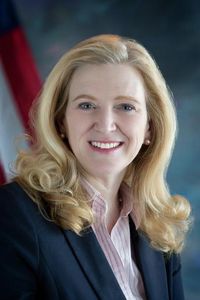
Michigan state Rep. Andrea Schroeder (R) died from stomach cancer while serving in office on Oct. 1, 2021. Schroeder was first elected to represent House District 43 in 2018. She most recently won re-election in 2020, defeating Nicole Breadon (D) 59.7% to 40.3%. When a vacancy occurs in the Michigan State Legislature, the governor must…
-
Wisconsin General Assembly passes resolution to preserve core of existing districts in redistricting process
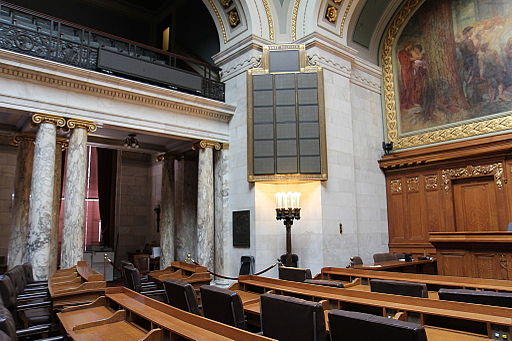
On Sept. 28, the Wisconsin General Assembly voted to approve a resolution that called for keeping “as much as possible the core of existing districts, thus maintaining 11 existing communities of interest, and promoting the equal opportunity to vote by minimizing disenfranchisement.” The Senate approved the resolution in a 19-12 vote along party lines, and…
-
Matthew Dunlap vacates the office of Maine State Auditor

The office of the Maine State Auditor became vacant on Oct. 1 when former auditor Matthew Dunlap (D) stepped down. The Maine Legislature elected Dunlap as state auditor on December 2, 2020, effective January 4, 2021. Under Maine law, he was required to have certification as a public accountant, internal auditor, or information systems auditor…
-
Fifteen states have issued a COVID-19 vaccine mandate for healthcare workers
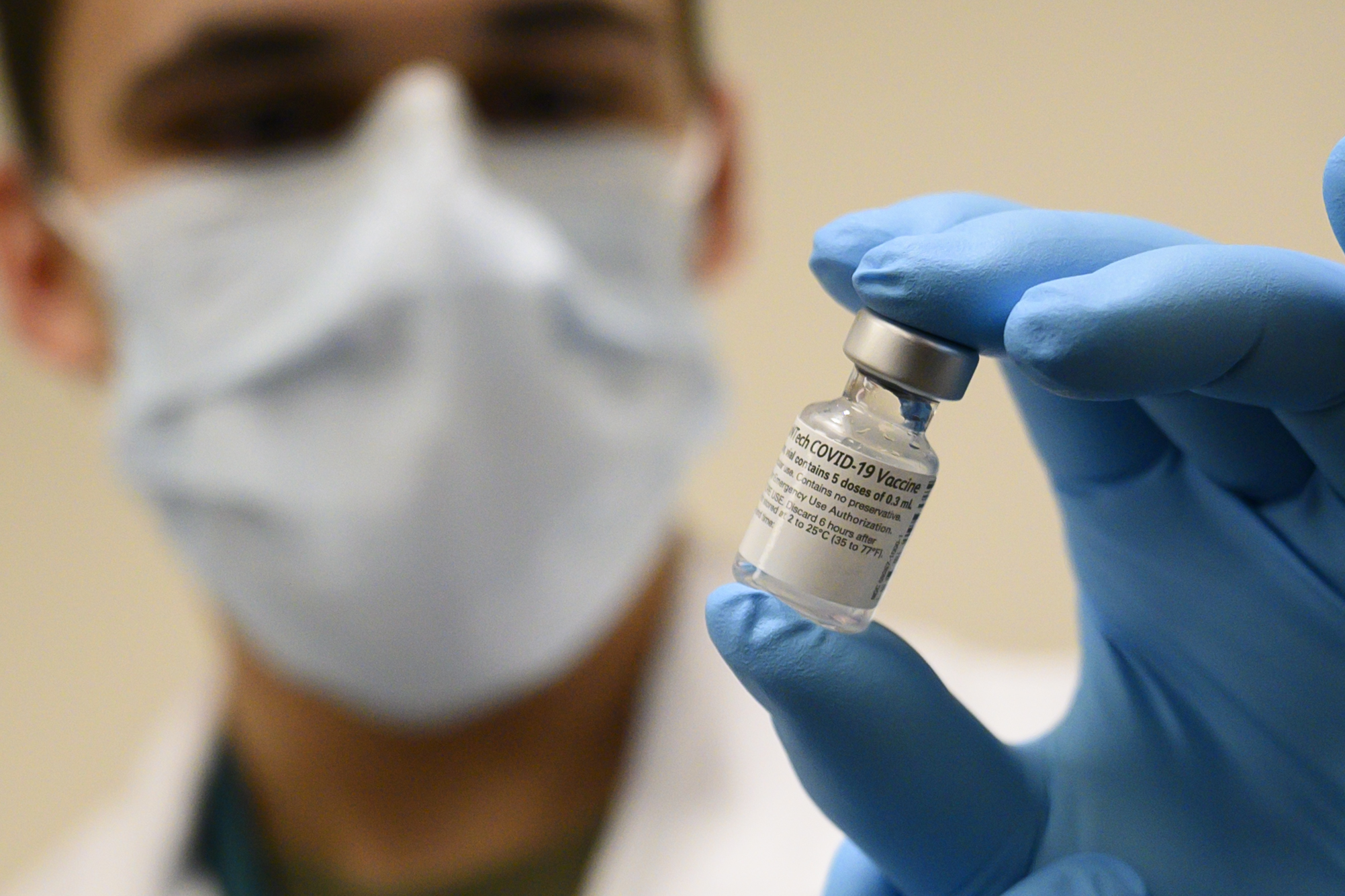
Since August 2021, 15 states have announced vaccine requirements for healthcare workers. Thirteen states have a Democratic trifecta. In Maryland and Massachusetts, the governor is a Republican but the state legislature is controlled by Democrats. Eleven states do not allow healthcare workers to choose between getting a vaccine and getting regularly tested. Delaware, Maryland, and…
-
California becomes eighth state to implement universal, automatic mail-in voting

On Sept. 27, 2021, Governor Gavin Newsom (D) signed AB37 into law, making California the eighth state to provide for universal, automatic mail-in voting in all future elections. Under the law as enacted, local election officials must automatically deliver mail-in ballots to all registered voters. In addition, AB37 modified the mail-in ballot return deadline: ballots…
-
Redistricting timeline updates: Georgia, North Dakota, and Oklahoma announce special sessions to tackle redistricting
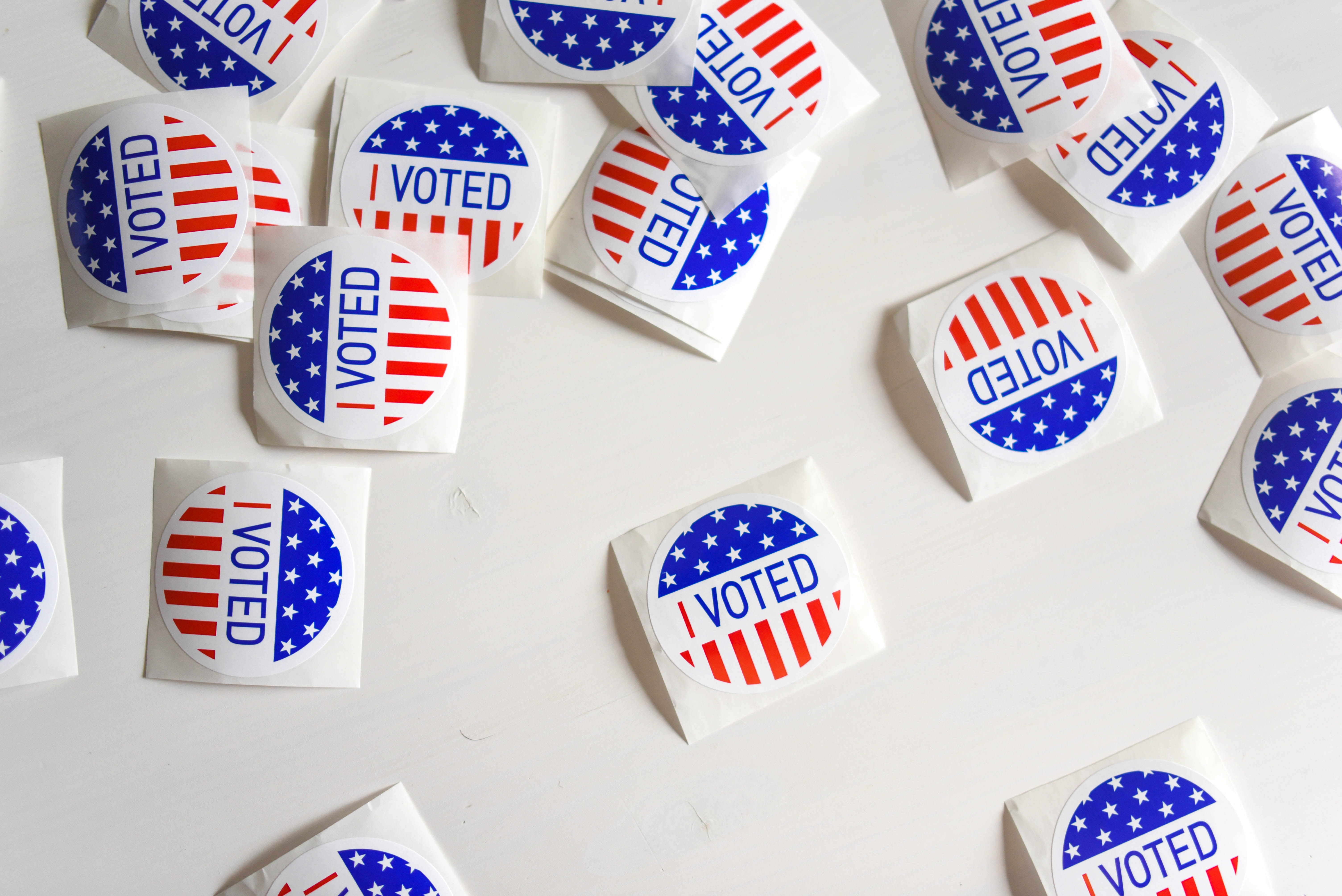
Here’s a summary of recent redistricting timeline updates from Arkansas, Georgia, New Hampshire, North Dakota, Ohio, Oklahoma, Rhode Island, South Carolina, and West Virginia. Arkansas: The Arkansas General Assembly reconvened at the start of a state legislative special session to consider congressional map proposals on Sept. 29. The state’s Board of Appropriation will begin work on redistricting…
-
Indiana adopts new congressional, legislative district boundaries
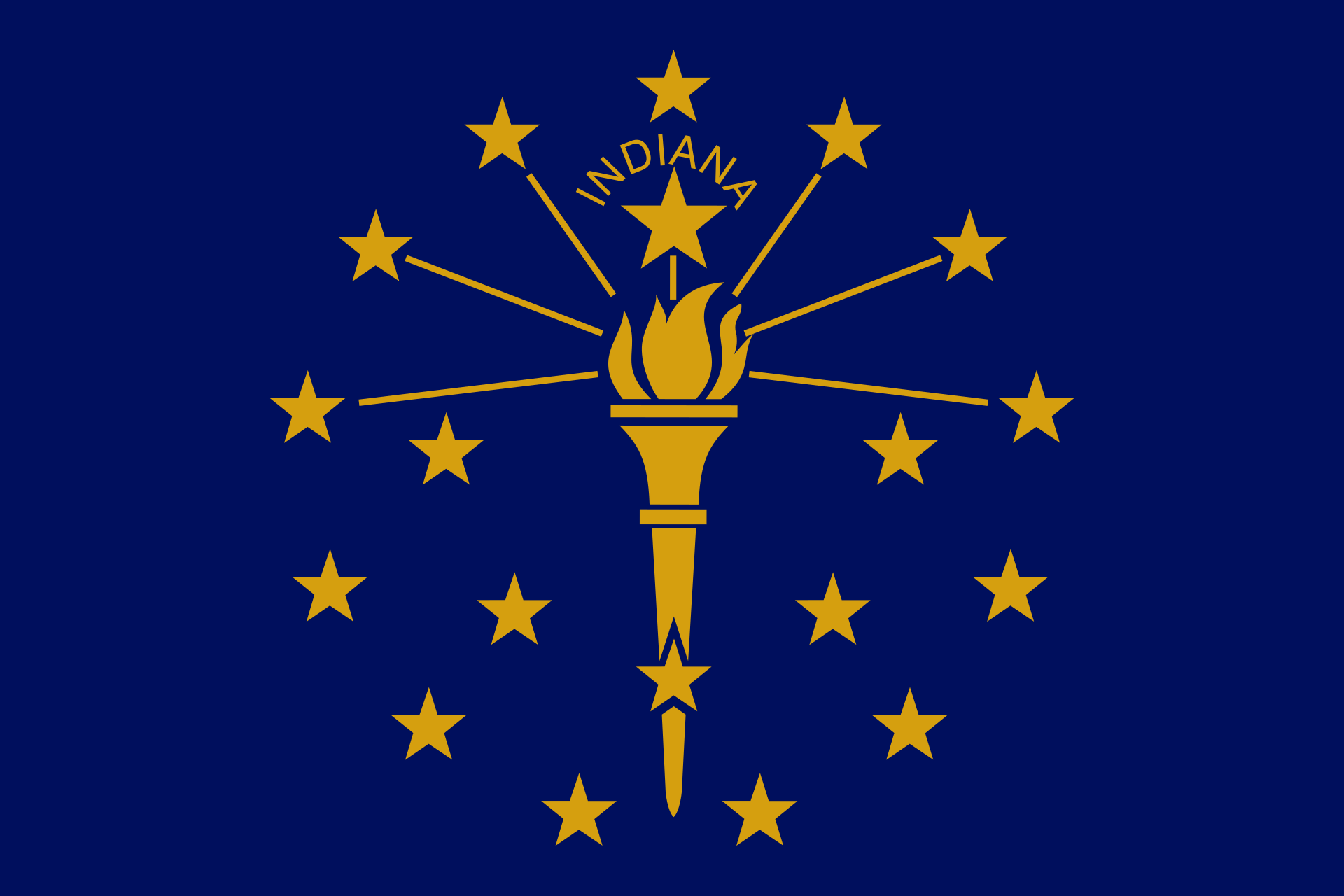
Indiana Gov. Eric Holcomb (R) signed new congressional and state legislative district maps into law on Oct. 4, 2021. The Indiana General Assembly approved the new maps on Oct. 1. The Indiana state Senate approved the final congressional and legislative district boundaries on Oct. 1 by a vote of 36-12, with all votes to approve…

